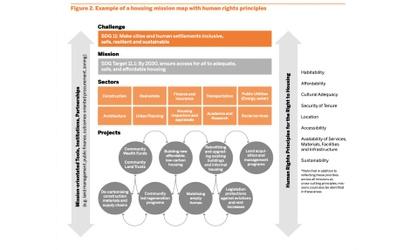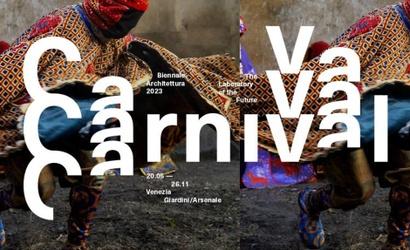Blog | Mayors, urbanists, educators and designers discuss urban futures at La Biennale di Venezia
The Council on Urban Initiatives (CUI) co-hosted the symposium “Designing, Governing and Educating Urban Futures” as part of the La Biennale di Venezia. The event took place on 31 August 2023, at the Teatro Piccolo, Arsenale di Venezia, and included CUI co-chairs Ricky Burdett and Mariana Mazzucato, as well as opening remarks from CUI-member Lesley Lokko, the Director of the current International Architecture Biennale which focusses on Africa as the ‘laboratory of the future’.
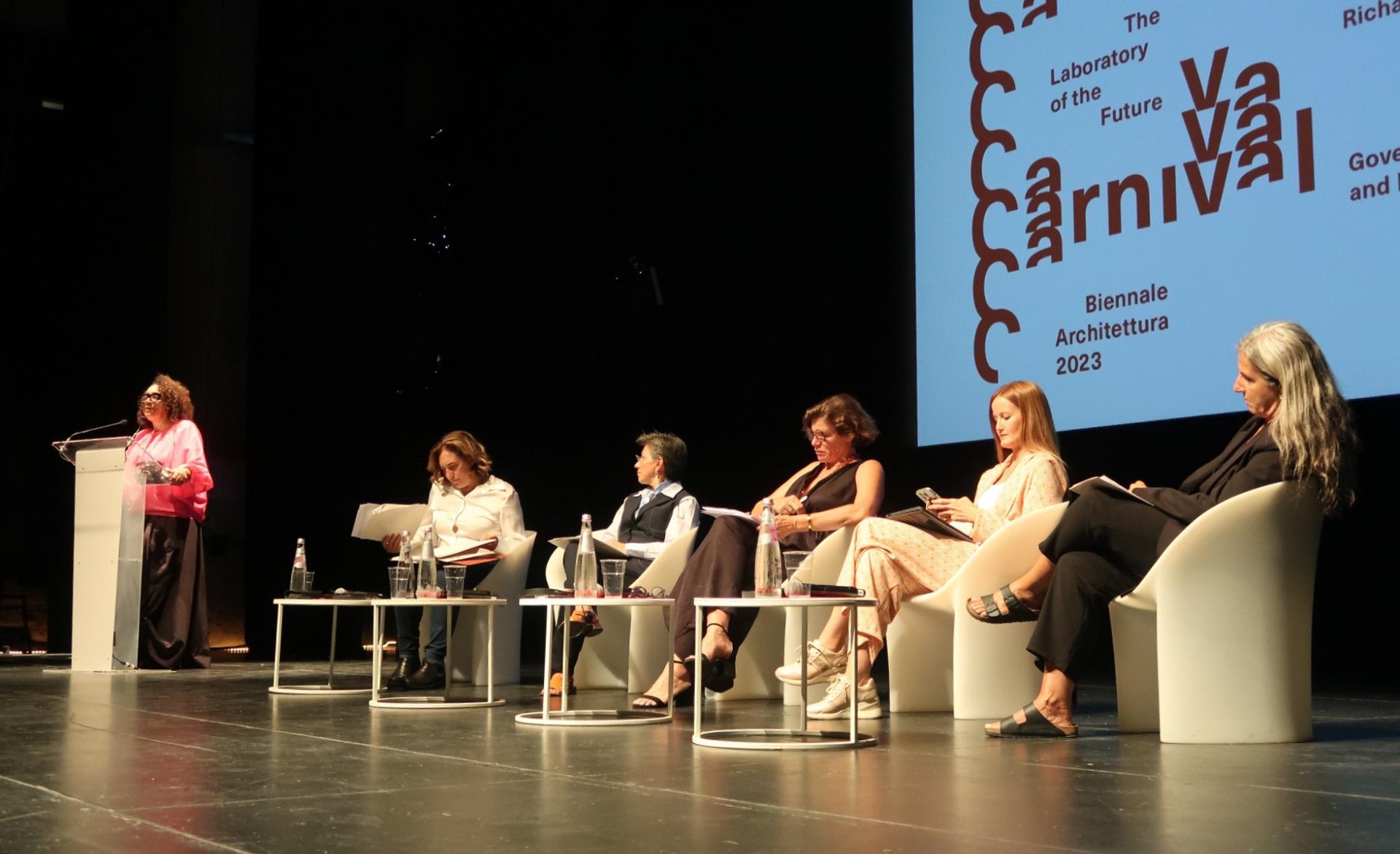
The symposium explored how innovations in urban governance and architectural education and practice can bring about transformative change. The first panel, “Governing Urban Futures; Financing and Negotiating Urban Transformations,” was moderated by Mariana Mazzucato (Director of UCL Institute for Innovation and Public Purpose, and co-chair of CUI), and featured Claudia López (Mayor of Bogotá), Ada Colau (Mayor of Barcelona 2015-2023), Laura Lieto (Deputy Mayor of Naples), and Soledad Núñez (former Minister of Housing and Urban Development for Paraguay).
Opening the panel, Professor Mazzucato stressed the importance of advancing and negotiating urban policies at the city-level, the challenges that governance and finance creates, and the importance of building strong and ‘symbiotic’ partnerships.
Cities and local governments have the capacity and leverage to give direction to local economies and urban development by building ‘symbiotic partnerships’ between communities, residents, and the private sector. Consequently, their role in tackling poverty, inequality, and climate change is fundamental.”
Mayor Colau, who recently ended a second term in office, spoke about her experience implementing the ‘Right to Housing’ strategy in Barcelona. She detailed the detrimental impact of over-tourism on the housing system in the city and reflected on her work to close illegal tourist flats in Barcelona, restoring residential accommodation to city dwellers. Despite initial warnings that regulating the tourism industry would damage the economy, she noted that this has proven not to be the case. As the COVID-19 pandemic demonstrated, diversification of the economy away from an over-reliance on tourism has in fact strengthened local economic resilience and made the city less vulnerable to external shocks.
Following this, Mayor López spoke about Bogotá’s work to include social infrastructure in the city’s masterplan with the introduction of “Care Blocks” which are aimed at co-locating care facilities and making them accessible to all residents. She noted that more than one million women in Bogotá are unpaid caregivers, effectively constituting the social security system for the large informal economy in the city. Reflecting on innovating within the parameters of her remit she said:
I am only a mayor, I cannot set up a new social security institution at the national level, but… I have social infrastructure. So we decided to use this social infrastructure - schools, civic centres, cultural centres, parks - and added services so that we can say to caregivers… we the public servants of Bogotá, are going to take care of the people you care for… so that you have time to rest, time to finish high school, time to start a new certificate or professional programme.”
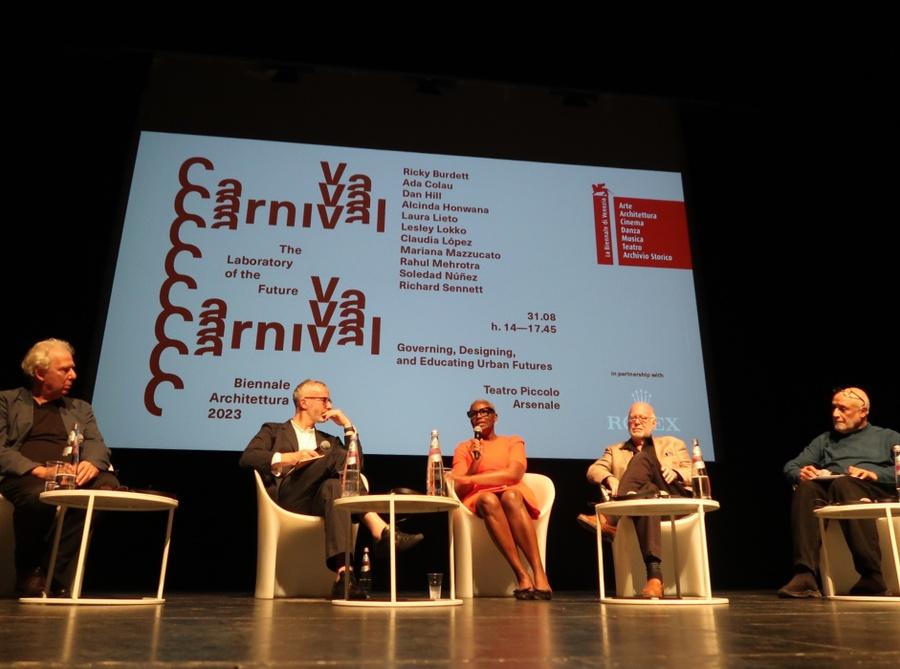
Soledad Núñez, who was a candidate for the Vice Presidency in the Paraguayan elections earlier this year, spoke about the centrality of democracy and human rights in this discussion. She said, “If we want to think about just, green and healthy cities, we need to think about the political system.” Additionally, Deputy Mayor Lieto, talked about the importance of city governments securing access to tools to enhance governance such as disaggregated data. She noted that public companies compile and trade rich data sets on citizens, but these are often not available to the public sector. She suggested that they could be used, for example, in keeping track of how poverty moves throughout a city.
The second panel, “Designing and Educating: Learning to Unlearn”, focused on the central question of ‘what needs to change’, and was moderated by Ricky Burdett (Director, LSE Cities and co-chair of CUI) with panelists Richard Sennet (Emeritus Professor of Sociology at LSE), Rahul Mehrotra (architect and Professor of the Graduate School of Design at Harvard University), Alcinda Honwana, (Director of the Anti-Racism Team at the UN Secretariat), and Dan Hill (Director of the Melbourne School of Design).
In his opening statement, Professor Burdett noted that inequality in cities was deeply spatial and asked, “as we shape the future, how do we use education to avoid the mistakes of the past?” Noting that the architectural and urban models that go back decades, sometimes even centuries, are still being reproduced, he emphasised the importance of design education in teaching us to unlearn what has been learnt. Following a similar thread, Professor Sennett offered a reflection on the principles that have guided architectural and design education, and the lessons that medicine and care can offer future practitioners. He stated that we should change the professional model of city making so that practitioners are not so concerned with designing iconic and original objects, but trained to design spaces that can care for other people.
Expanding on the question of reworking architecture and design curriculums, Professor Mehrotra suggested that one of the priorities should be to train practitioners to design for transitions. He stated:
Today the world is in flux, shifting with … migration, digital transformation and climate change. Yet in education, we are still fixated on absolute solutions. We haven’t been able to look from a pedagogical perspective on how we train the architect to design for transitions. This is a whole different design approach – it is not linear; it is iterative in a much more random way than design thinking as we see it. This is something that is going to be a fundamental problem in the future.”
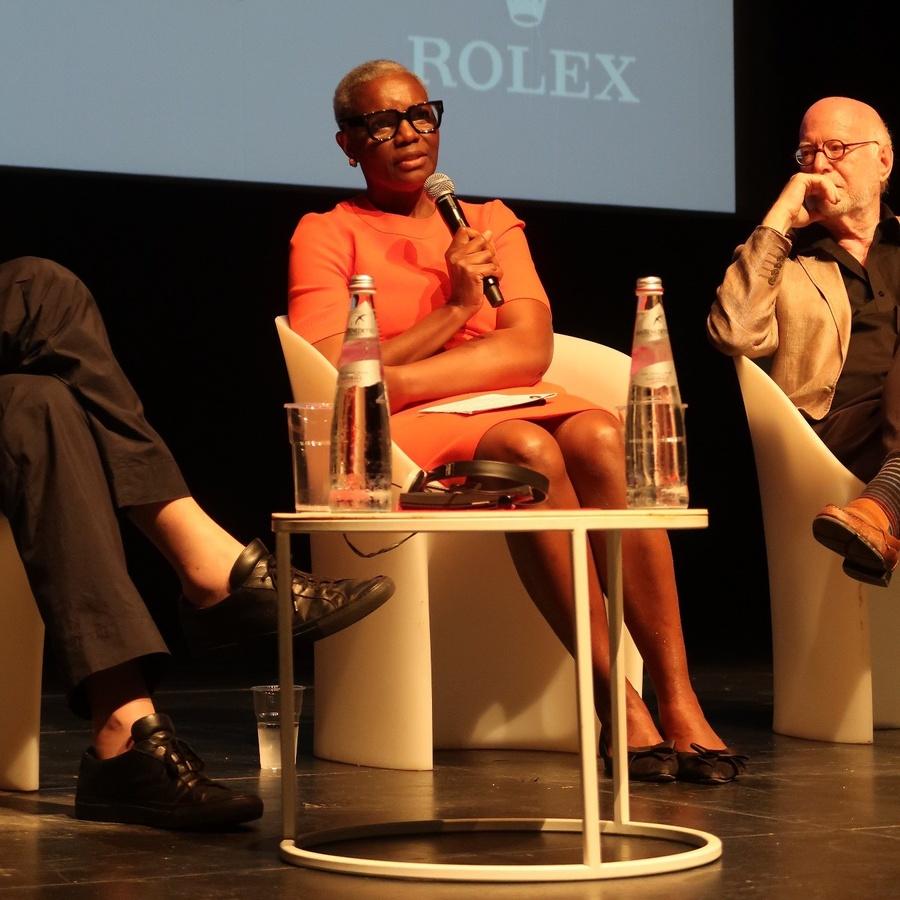
Professor Hill and Alcinda Honwana both spoke about decolonising architecture curriculums and practice. Professor Hill talked about an ongoing process to ‘indigenise’ design thinking in Australia, provoking questions on how we can work with nature – including phenomena like wildfires and floods - rather than against it. Honwana, in turn, focused on the need to incorporate marginalised groups such as young people in Africa in design. She spoke about her research on African youth in ‘waithood’ who occupy a transitionary period between childhood and adulthood. She described the creativity and improvisation that defines this social and demographic group as younger people look for opportunities to make a living and negotiate the urban space that was not built for them. With Africa being the world’s youngest continent, Honwana stated that designers and architects should engage with these groups and create space for this generation.
Wrapping up the discussion, Lesley Lokko remarked that the Council’s dialogue on the multiple dimensions of design in governing, shaping and making cities reminded her of a powerful message about the cultural construction of architecture – highlighted in the Architecture Biennale Exhibition - that the Zulu term for an architect is “the magician of space, but also the maker of a sensation and the maker of a situation”. She noted that the critical concept of ‘waithood,’ introduced by Alcinda Honwana, applied not only to the status of youths in African cities but also to the development of architectural education and the way in which the discipline is professionalised and taught.
To coincide with the Carnival event, the Council on Urban Initiatives featured two documents on housing: the working paper “The right to housing: A mission-oriented and human rights-based approach” co-authored by Mariana Mazzucato and Leilani Farha, and Housing and the City, a case study showcasing a series of housing projects that have been designed to promote inclusion, sustainability, and integration in different cities. Edited by Ricky Burdett, this report features analytical contributions from across the Council membership and will soon be available on-line.
The full recording of the event can be accessed on the Venice Biennale YouTube Channel
Isadora Spillman-Schappell, Research Fellow in Climate, Cities and Innovation and CUI secretariat member, IIPP and Luis Hernán Sáenz García, Researcher and CUI secretariat member, IIPP
